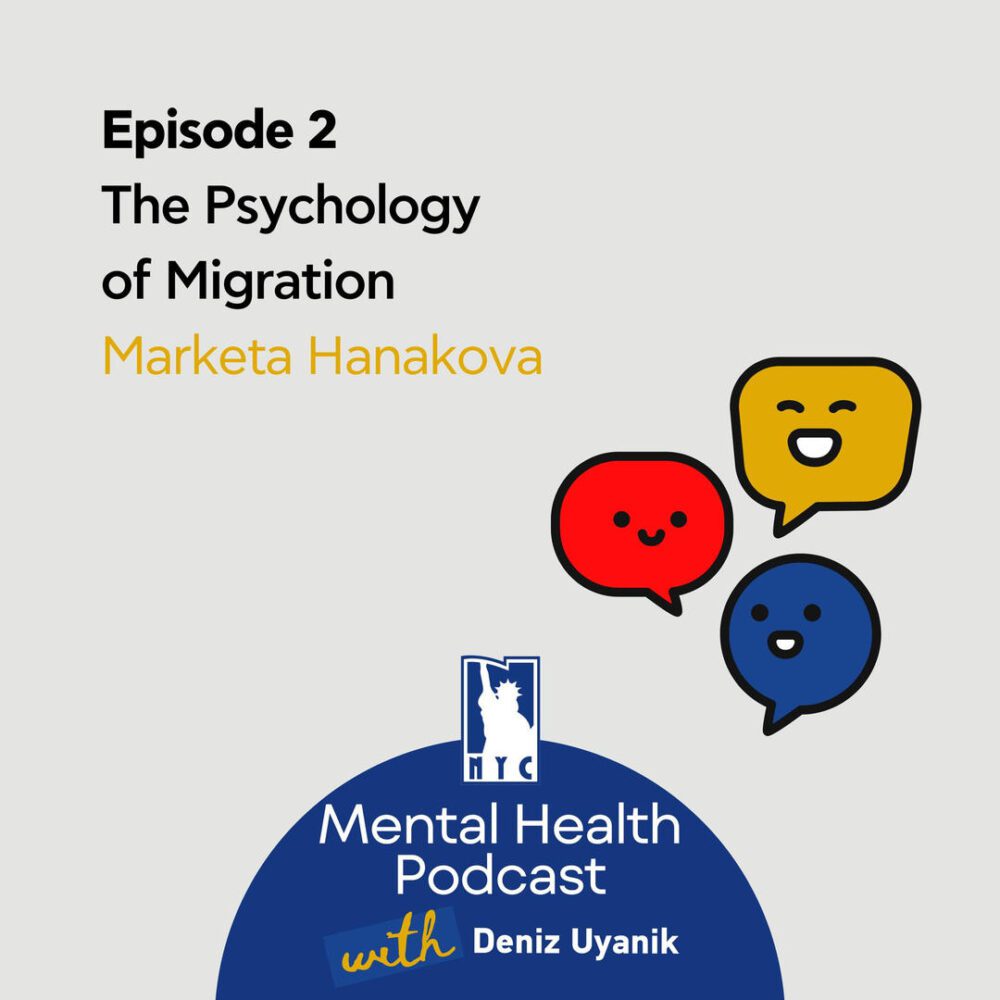Coaching and therapy aim to assist individuals in navigating life’s challenges and achieving their goals, and they operate in distinct ways. Understanding the differences between them is crucial for individuals seeking guidance and support. This article delves into what coaching is and how it differs from therapy. It also explores when each might be most… Continue reading
Category Articles
Hoarding Disorder Treatment and Impact
Hoarding disorder is characterized by persistent difficulty discarding or parting with possessions, regardless of their value. Individuals with this disorder experience significant distress due to the accumulation of clutter. Which often leads to compromised living spaces, impaired functioning, and strained relationships. Recognized as a distinct mental health condition, hoarding disorder has specific diagnostic criteria outlined… Continue reading
Exploring the Relationship Between Mental Health and Lack of Energy
Energy levels can have an impact on mental health. Many individuals struggling with mental health issues also experience a lack of energy, which can significantly hinder their daily functioning. In this article, we delve into the connection between mental health and energy levels, what it signifies, and how it can be effectively addressed. Understanding the… Continue reading
Therapy’s Role in Recognizing Defence Mechanisms
Therapeutic interventions, particularly Cognitive Behavioral Therapy (CBT), play a significant role in defence mechanisms and self-awareness. Identification through Cognitive Restructuring CBT focuses on identifying and restructuring distorted thought patterns. By examining automatic thoughts and cognitive distortions, individuals can recognize underlying justification mechanisms such as denial or rationalization. Through guided introspection, clients learn to challenge and… Continue reading
Workaholism: Effects on Individuals and Relationships
Busyness often glorifies working long hours and sacrificing personal time for professional success. While hard work and dedication are commendable traits, there’s a line between being industrious and becoming a workaholic. Workaholism, often overlooked or even admired in society, can have effects on individuals and their relationships, leading to mental health problems. Understanding the nature… Continue reading
Understanding Splitting
Splitting is a psychological defence mechanism commonly observed in individuals with borderline personality disorder (BPD). However, it can also manifest in other personality disorders and even in people without diagnosable mental health conditions. This phenomenon involves viewing people, situations, or even oneself in extreme and polarized terms as good or all bad, with little or… Continue reading
Mental Health Podcast Episode 2 – Psychology of Migration with Deniz Uyanik and Marketa Hanakova
Synopsis: Psychology of Migration In the second episode, I speak with a long-time college friend, Marketa Hanakova, a cognitive behavioural psychotherapist, on the New York College Mental Health Podcast, diving into the “Psychology of Migration.” We explore the often-overlooked aspects of migration and trauma. While discussing the overall mental health experienced by refugees and expats…. Continue reading
The Healing Power of Self-Forgiveness
Self-forgiveness is a transformative journey. It allows people from the chains of self-condemnation. This article delves into the depths of self-forgiveness and explores its profound impact on mental health. Understanding Self-Forgiveness Self-forgiveness is not merely a gesture of absolving oneself for past wrongs; it’s a conscious act of compassion, understanding, and acceptance towards oneself. It… Continue reading
The Rise of Mindfulness Research
In recent years, mindfulness practices have surged to the forefront of psychotherapy research, captivating clinicians and researchers alike. The Rise of Mindfulness Research can be attributed to a confluence of factors, ranging from its demonstrated efficacy in various mental health conditions to its compatibility with diverse therapeutic modalities. As mindfulness continues to weave its way… Continue reading
What to Do If You Meet Your Therapist in a Social Setting
Stumbling upon your therapist in a social setting can evoke emotions and raise questions about navigating the encounter while maintaining confidentiality and respect. In this article, we’ll explore various approaches to handling this scenario, emphasizing the importance of communication, respect for boundaries, mutual agreement on protocols and what to do if you meet your therapist… Continue reading










